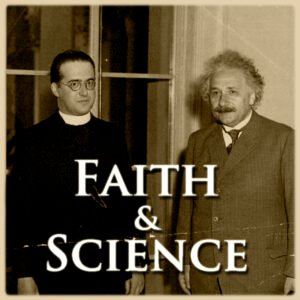Fr. Eusebio Francisco Kino, SJ, gave his all for souls of the American Southwest
by Rev. Fr. Benedict Hughes, CMRI (Summer, 2017) The devoted sons of several religious orders were the predominant early missionaries of the territory which later became the United States. These great religious families were the Franciscans, the Dominicans and the Jesuits. Among the latter religious, we are all familiar with the eight Jesuit martyrs of North America, who were canonized in 1930 by Pope Pius XI. Three of them gave their lives in what is now New York State. The first canonized American martyr was René Goupil, a Jesuit lay brother who was killed in 1642 at the village of Ossernenon, near the present day town of Auriesville. His companion in slavery to the fierce Iroquois, the Jesuit priest Isaac Jogues, eventually escaped and returned to France. But his zeal for souls would not allow him to rest from his labors, and so he returned to the Iroquois, where, four


